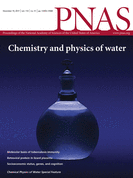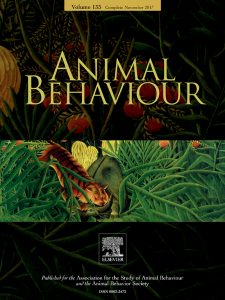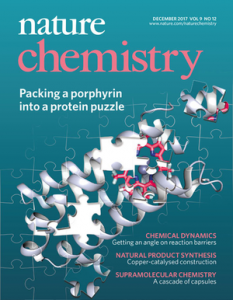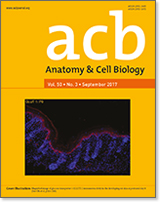 In 2016, researchers at Oregon State University published a paper in PNAS that surprised the research community. They showed that certain fish species travel with their siblings — even fighting against the currents of the Pacific Ocean to stay together.
In 2016, researchers at Oregon State University published a paper in PNAS that surprised the research community. They showed that certain fish species travel with their siblings — even fighting against the currents of the Pacific Ocean to stay together.
Needless to say, the research community was skeptical, given how difficult a feat this would be. And their skepticism appears to have been warranted.
Recently, the authors — led by Su Sponaugle — retracted the paper, saying a re-analysis of their data using newly developed research tools has erased their confidence in the results. According to Sponaugle, the quick reversal was thanks to the new technology and open data sharing, which led their findings to be successfully challenged within months of publication. She said her team conducted the study with the “best available knowledge we had at the time,” including what they thought were the most advanced tools available to them:
Continue reading PNAS retraction weakens theory that fish travel with siblings








